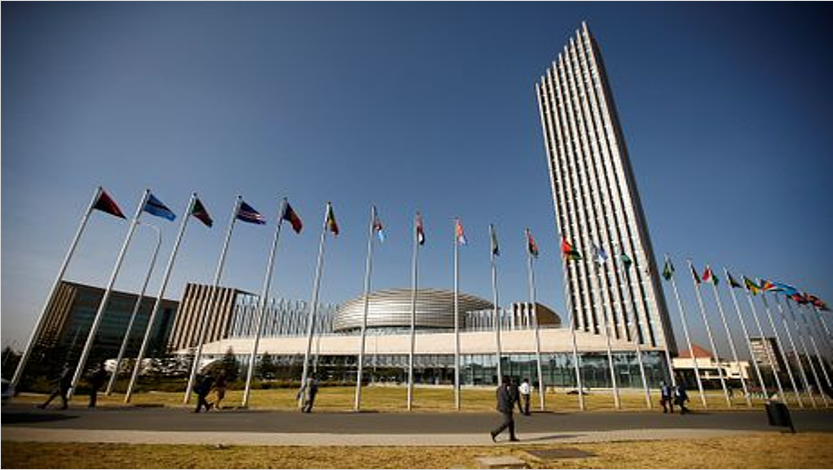Russia’s increasing military influence in the Sahel region, marked by the modernisation of key Libyan bases like Maaten al-Sarra, Al-Jufra, and Al-Khadim, has raised alarms about a shift toward a potentially unbalanced geopolitical landscape. With the strategic positioning of these bases providing Russia direct access to the Sahel and Central Africa, Moscow’s influence is growing. This development, while enhancing Russia’s ability to support its allies and reinforce its regional ambitions, risks creating a singular, foreign-dominated presence in a region where diversified partnerships are critical for long-term stability.
Russia’s growing footprint, along with China’s increasing economic presence in Africa, threatens to lock African nations into one-sided relationships that prioritize external interests over local development and sovereignty. While Russia and China’s engagement with Africa brings investment and security assistance, these nations may eventually find themselves vulnerable to dependencies that leave them with limited options for diplomatic or strategic flexibility.
The recent pullout of several Western nations, particularly EU countries and the United States, further compounds this risk. The lack of consistent Western support for African nations leaves a vacuum that is quickly being filled by Russia and China, potentially altering the balance of power on the continent. The vacuum left behind by the U.S. and Europe could turn Africa into an arena for geopolitical rivalry, where nations are forced into alignment with one or another power rather than benefiting from a diverse range of strategic partnerships.
This shift is exacerbated by the policies of the Trump administration during his term, which, particularly in its “America First” approach, saw a reduced commitment to multilateral engagement in Africa. The policy, coupled with the current withdrawal of certain Western forces, places African countries at greater risk of becoming pawns in a broader geopolitical contest rather than active participants in shaping their future.
The growing influence of Russia and China in Africa presents a critical moment for the continent to reconsider its strategic direction. Rather than allowing foreign powers to dominate the region’s security and economic landscape, African governments should actively seek to balance these relationships by encouraging more robust engagement from Western powers. A collaborative approach, involving Russia, China, the U.S., and the EU, could ensure that Africa’s development is not hijacked by any one external power but instead fosters a more equitable and mutually beneficial environment.
Africa’s sovereignty and future stability rely on the diversification of its strategic relationships. A more balanced engagement from all global powers—Russia, China, the U.S., and EU—could prevent the Sahel from becoming a site of unbalanced dominance by any single foreign power. To avoid this risky outcome, African nations must carefully navigate these shifting alliances, prioritizing their long-term independence and development through well-calculated partnerships with multiple global players. The key will be ensuring that Africa does not become the battleground for foreign influence but a continent empowered by a web of balanced, diverse, and mutually beneficial global relationships.



